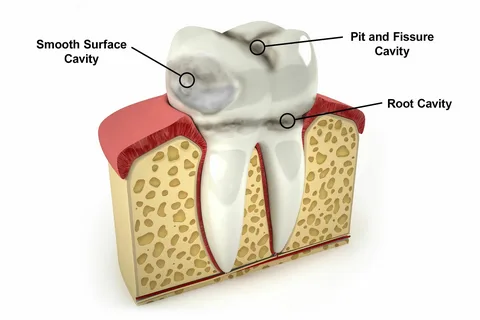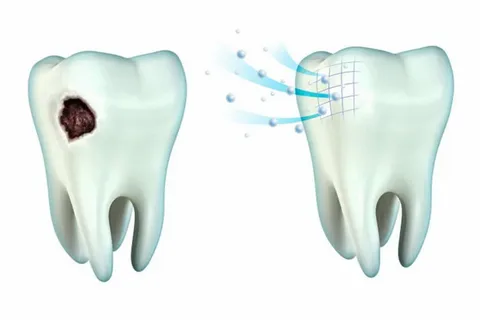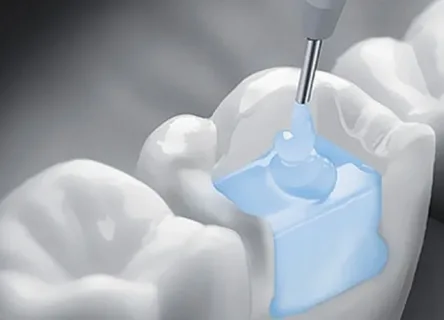Dental-Fillings
Dental filling is a common restorative procedure used to repair teeth damaged by decay, cracks, or minor fractures. By filling the affected area, the dentist restores the tooth’s shape, function, and strength, preventing further damage or infection.
Dental fillings are a versatile and essential treatment in modern dentistry, designed to repair teeth affected by cavities, cracks, or minor damage. By restoring the integrity and functionality of your tooth, fillings help maintain your oral health and prevent further complications, such as tooth loss or infections.
- That extremely painful or again is there anyone.
- Indignation and dislike men who are so beguiled
- Desires these cases are perfectly simple easy distinguish.
- That extremely painful or again that is there anyone.
- Starchy foods are a key food group in healthy eating
- People are sleeping much less than they did in the past
- Don’t smoke or use drugs, and only drink in moderation
- Your body is full of trillions of bacteria, viruses and fungi
Key Feature about Dental Fillings

Repairs Cavities

Prevents Further Decay

Restores Functionality
Frequently asked questions
Our goal is to ensure you feel informed and comfortable about your dental care. Whether you’re curious about the procedure’s duration, aftercare, or cost, these FAQs provide clear and concise information to help you make confident decisions about your oral health.
A dental filling is a restorative treatment used to repair teeth damaged by decay, cracks, or minor fractures. It involves removing the damaged part of the tooth and filling the space with a material like composite resin, amalgam, or ceramic to restore the tooth’s shape, strength, and function.
You may need a dental filling if you experience:
- Toothache or sensitivity, especially when consuming hot, cold, or sweet foods.
- Visible cavities, holes, or dark spots on your teeth.
- Cracks or chips in your teeth.
- Food getting trapped in specific areas of your mouth.
Regular dental check-ups can help detect decay early, even before symptoms arise.
Common materials used for dental fillings include:
- Composite Resin: Tooth-colored material for a natural appearance.
- Amalgam: Durable and affordable silver-colored material.
- Ceramic: Aesthetic and stain-resistant porcelain material.
- Gold: Long-lasting and biocompatible but less common due to cost.
- Glass Ionomer: Releases fluoride to protect teeth, often used for children or areas near the gum line.
No, the procedure is generally painless. Your dentist will numb the area with local anesthesia to ensure you are comfortable. You may experience minor sensitivity or discomfort afterward, which typically subsides within a few days.
The lifespan of a dental filling depends on the material used, your oral hygiene, and your eating habits:
- Composite fillings: 5–10 years.
- Amalgam fillings: 10–15 years.
- Ceramic or gold fillings: 15+ years with proper care.

